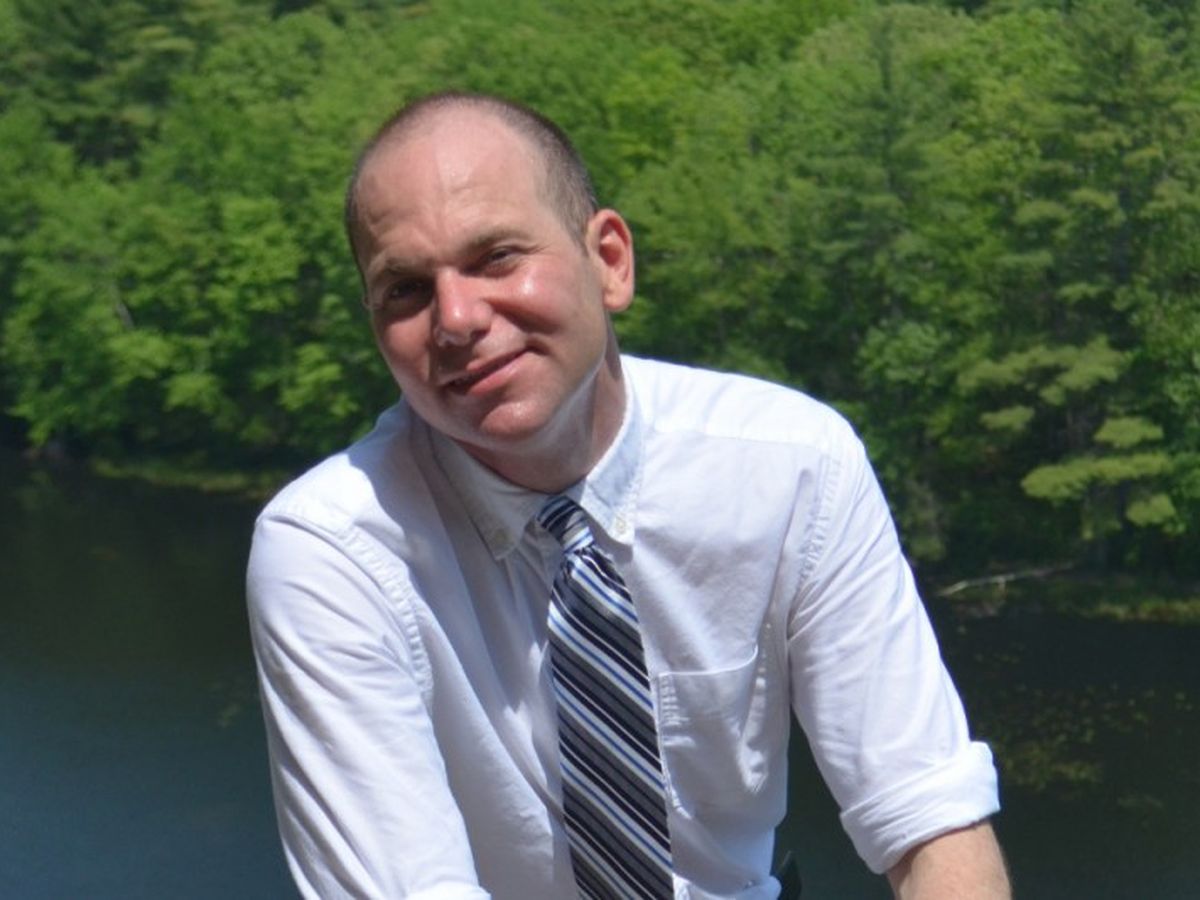HOW IT BEGAN
It certainly didn’t begin as a book, but I’ve always loved puzzles. The voyage has since evolved, but here's how it began.
Over seven years ago, I was studying public sector ethics at John Jay College of Criminal Justice in New York only a few blocks away from Columbus Circle.
Sitting in our third floor classroom in the old N Building on West 59th Street, my professor asked us to select end-of-semester paper topics; his challenge for us was to study a public official who faced an ethical dilemma.
I chose William Bulger of Boston, although I knew little about him at the time. He was the longest serving State Senate President in Massachusetts history and former President of the University of Massachusetts. Despite those feats, he was probably better known for his notorious brother.
When it came to William Bulger, I just didn’t understand the whole thing. – was he protecting his brother? Why did he have concurrently such ardent supporters and venomous critics? Is that the nature of politics? Why are there awards named after him if he was so controversial? What sort of man was this who was elected to serve in the state senate and then to be that chamber’s president? What happened while he was UMass President? Why did he refuse to condemn his brother, despite unrelenting public pressure to do so?
Time went on, and my professor granted several paper deadline extensions. William Bulger remained elusive, and he was just another unsolved mystery.
His older brother, FBI Most Wanted fugitive James “Whitey” Bulger, was abruptly captured in June 2011 after a life in hiding for 16 years. That surname dominated news headlines in the ensuing months. Some people even began to complain about “Bulger fatigue.”
Eventually, I finished the ethics paper (70 pages long with 300 footnotes) but was still intrigued. Questions remained, because the puzzle was incomplete.
As Oscar Wilde wrote, “The truth is rarely pure and never simple.”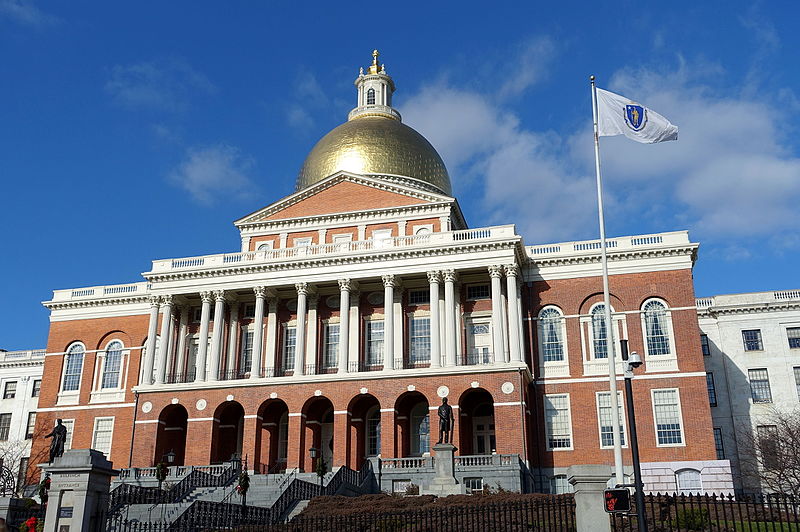
MASSACHUSETTS
I graduated from the Master in Public Administration program at John Jay College in spring of 2013 and continued that inquiry, unsure of where it would lead. I pursued absolute truths.
Then, it struck me. There were many books about the FBI informant scandal and Whitey Bulger. Although tragic, what about the thousands of other people in state, federal, and local government? What were they doing? Through that darkness, was there any light?
Time marched on. As I interviewed others, an even deeper, far-reaching story materialized. I explored the entire landscape where William Bulger walked.
This has now become a story about the human faces of public service framed by multiple purviews. Those absolute truths don't come as uniform answers but instead arrive as perennial questions.
They endure for as long as our social institutions strive for order and meaning.
THESE THEMES INCLUDE:
How far should congressional oversight go? What is the intersection of politics and public policy? Can environmental interests coexist with economic development? What role does education play in our society, and how should our public institutions promote it? How do we maintain meaningful learning standards and accountability? Do law enforcement agencies best defend public safety through cooperation or competition? How much accountability should we demand of our public servants? How does the judiciary walk that fine line between activism and restraint? To what extent are we defined by our own families?
The path of progress in Massachusetts becomes a lens to explore our greater, shared American story.
So, what began as a quest to discover William Bulger carried me to an unexpected plane of thinking.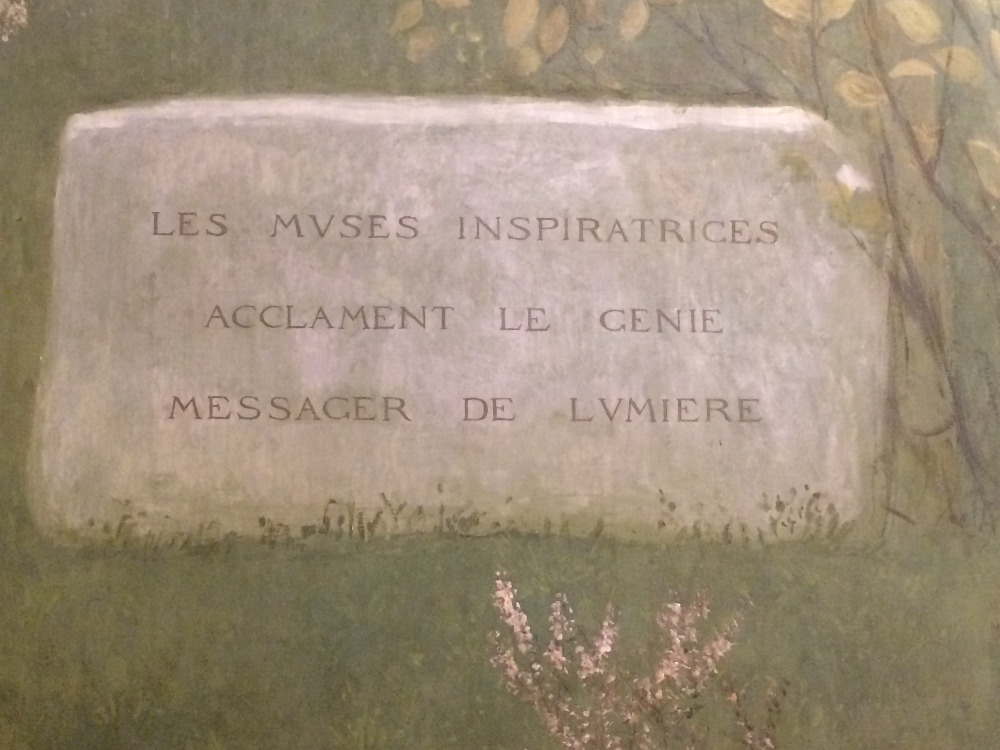
THE BOOK
Given the growing stack of information, a planned academic journal article evolved into a book.
Rest assured that this is no dry, academic narrative. Quite the contrary, my own site visits and dialogs propel action forward. Many faces of public service have offered their perspective from all corners including members of Congress, former governors, legislators, watchdog agency stewards, judges, prosecutors, federal, state, and local law enforcement, nonprofit leaders, well-known journalists, policymaking board appointees, university campus leaders, members of the Bulger family, and a whole lot more.
Some have clearly ignored all outreach efforts without even offering the courtesy of a polite declination.
Others actually made tangible plans to follow up in the future by phone or email but then never appeared again.
Sadly, that inconsistent behavior reinforces prevailing stereotypes of public servants as disingenous. The old adage arises, that "Actions speak louder than words."
Still others have questioned my intentions or didn't want to give me the time of day because my name isn't "Anderson Cooper," "Larry King," or "Barbara Walters."
The names of all sources contacted and the result will be relayed in the book to promote transparency. Readers must know that no stone has remained untouched in this search. After all, the public has a right to know...
Indeed, this story is as much about the substance I've uncovered as it is about the process. The world will see who has helped along the way, patiently listening to my good faith questions, and offered such wonderful insights from the catacombs of their own memories.
Fortunately, many more have come forward, speaking about their place in history. They have opened my eyes, and no one is going to stop me from telling this story.
They invested their own time and, in many cases, their entire lives for what they saw as a higher calling than themselves. Telling their story will be my own public service. In many cases, I present multiple perspectives of issues, leaving readers to draw their own conclusions.
What mark did people leave on the world? Why did they do it? Would they do it again? Was it worth it?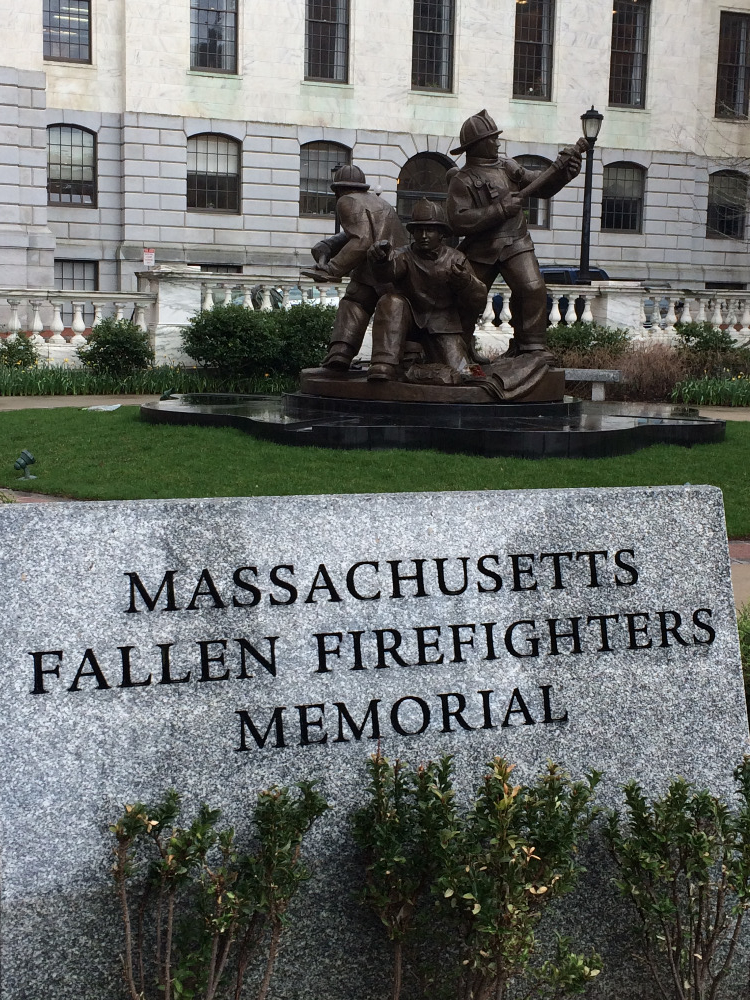
I've already interviewed well over 500 sources from different story parts in Massachusetts and beyond.
This book relays others' lived anecdotes and reflections on what public service means. These interviews have yielded a substantial volume of exclusive information never placed into the public domain.
It's clear that many people have a message they want the public to hear. My book offers a fair forum for that. There, everyone has an opportunity to be heard and get their perspective onto the record. As a writer, I'm a medium for that, creating a solid record for all time.
Moreover, few dispute that we live in a time of strong negativity towards government and public service.
We lack perspective about where we were and how we've found this world we all occupy today.
From Congress to UMass to Beacon Hill and, finally, out into the community, this book presents a far-reaching vision of public policy, progress, and process.
One former legislator commented about William Bulger, “His brother is more interesting.” Do we really live in a world which gawks in facination at what went wrong without a larger, reflective view of our own paths? Is that where our own humanity finds deeper meaning, among those macabre shadows? Transparency is itself accountability. Yet light brightens everything, not only the shadows. The whole picture must include more.
Acclaimed British actor Benedict Cumberbatch portrayed William in the recent Black Mass movie, a large scale Hollywood production which grossed nearly $100 million in cinemas (also starring Johnny Depp as Whitey). Yet what does the public really know about that world, if they didn't live through it? What was government actually doing? Did the FBI office exist solely for its informant program, or was there more?
While many stories offer various snippets, my book stands on a mountain peak, unveiling a bird's eye view for readers. That's the path of Massachusetts.
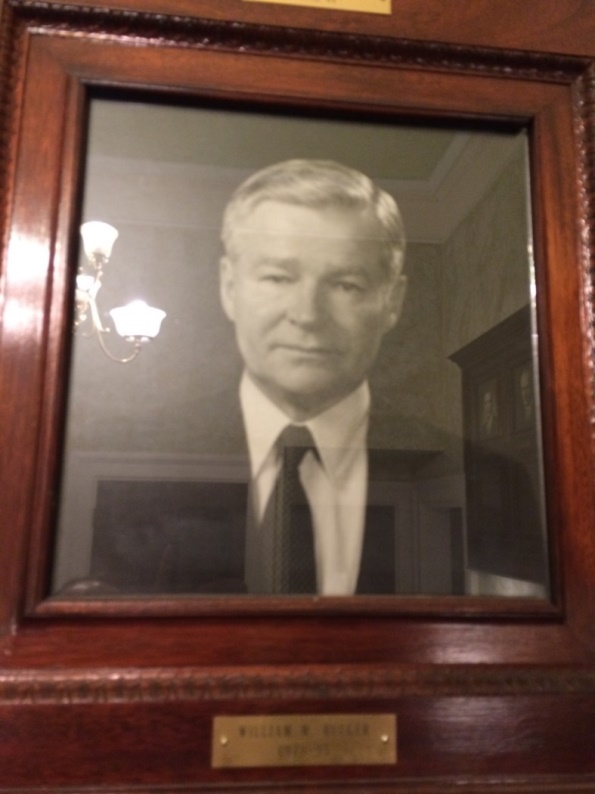
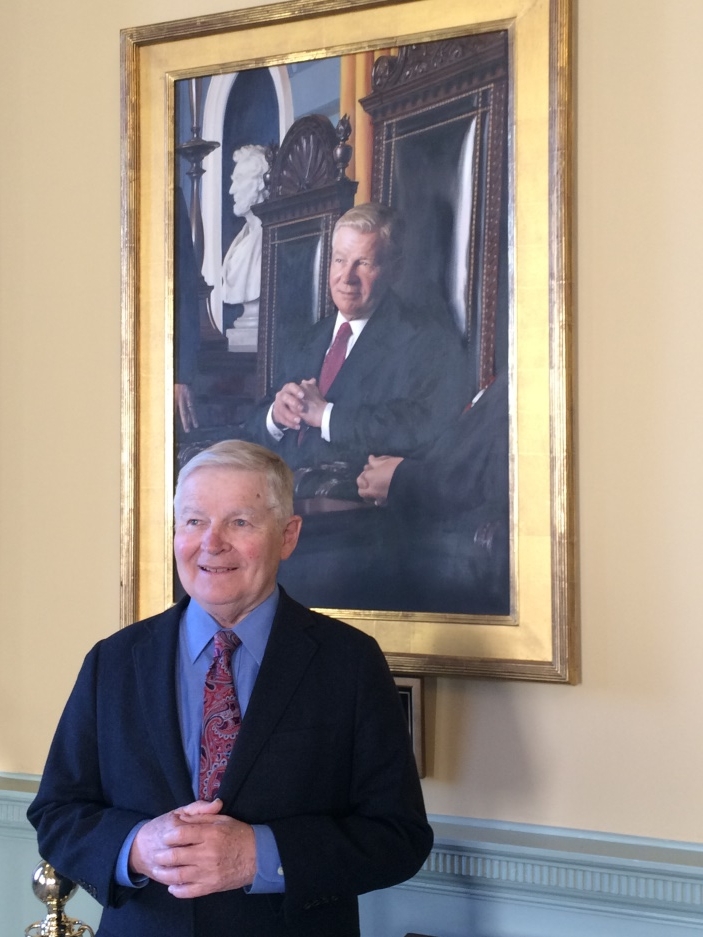
TIME WAITS FOR NOBODY
Knowledge always has a cost, even when its bounty far outweighs the price. Since that watershed moment came, and I made the fateful decision to write this book, I’ve paid my own way. This means covering research expenses including trips to Washington, D.C., gas for countless sojourns to library archives across Massachusetts, and postage for hundreds of letters.
In that time, I’ve amassed thousands of document pages, as well as relevant background books by others.
That’s in addition to hundreds of pages of handwritten field notes documenting interviews. I have a working draft in progress of the book itself, too.
Below, you see interview notes from Fall 2017 alone. There's a lot more than that from previous years, and there have been many more since. Research is winding down, and I will focus on putting it all together this year.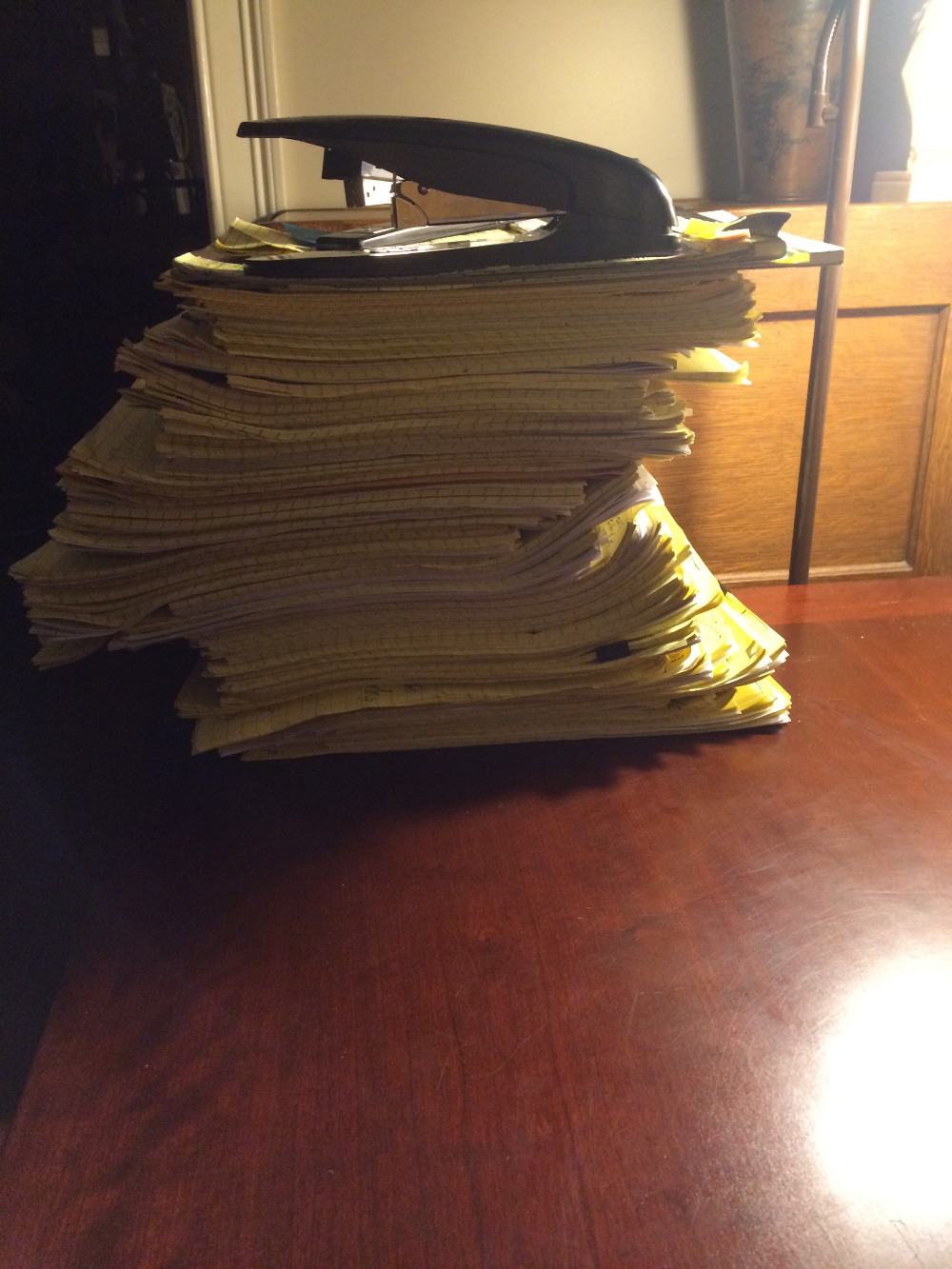
I’ve done this all on my own, completely of my own volition, because the institutional memory is fading away. That's evident. If I don’t do it now, then who will?
With over seven years already gone, I turned to the public sphere and now seek your support. Why? Writing a book isn’t easy, particularly when it’s a fact-driven project which explores a complicated topic. That approach demands constant verifying and attribution.
My narrative strives “to get it right.” It’s not an attack on anyone, nor is it a puff piece by any means. I aim solely for fair and honest understanding.
This effort could go on for five more years while I resolve outstanding research queries and proceed with interviews. I must also make time for writing.
With sources growing older every day, time truly is of the essence. It’s my deepest hope for them all to be here to read this book when it’s released, to see the mark that their voices have made.
Because this is an inherently public service (to inform), I am less hesitant to ask for help. Will you help me to complete this journey so that you can begin it? 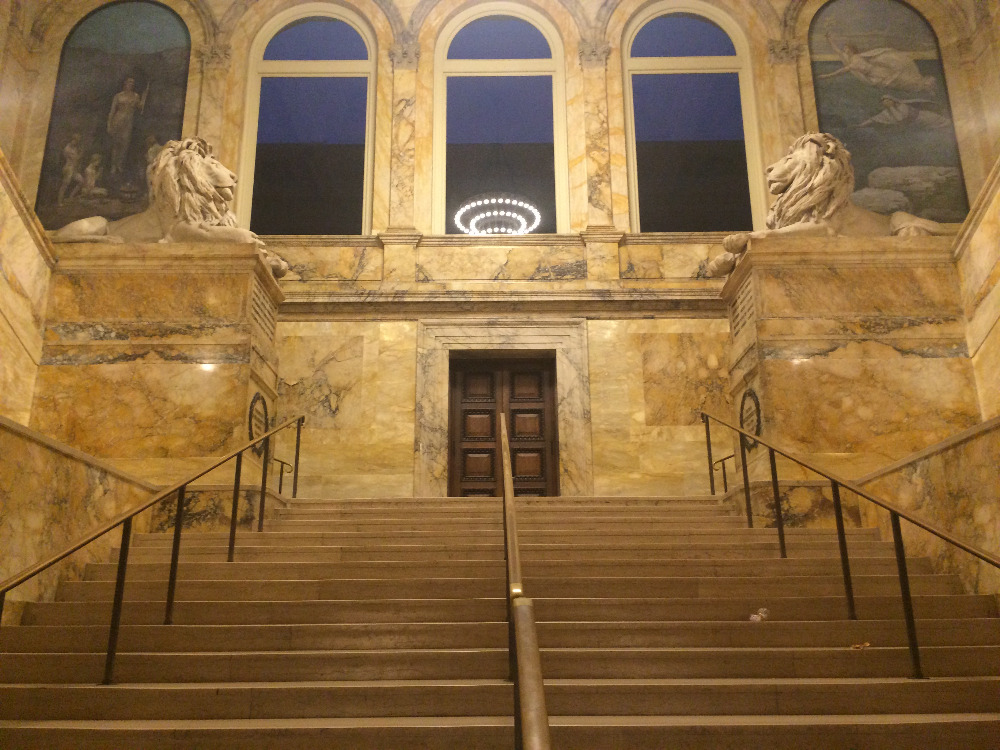
HOW CONTRIBUTIONS ARE USED
The funding goal allows more time for research and writing. It’s a legitimate project, and I’m serious about finishing it. I've had numerous incidental expenses, and these donations help to offset those.
Not making the total goal may slow my output, but it won't halt it. I do still have to work in order to earn a living. That takes time away from this effort.
Ultimately, this may even shape into more than one book depending on where the first one leaves off.
I'm wrapping up research ends now and will turn towards writing later this year. After that, there will be time for editing, polishing, and shopping around for agents and publishers. All of that hinges on a compelling mansucript. I'm assembling the key ingredients for that.
True, it won't be easy, and a long road still stretches ahead. I still believe in this story. Others believe in me, too, or they wouldn't have shared their own time. I've learned that a little faith goes a long way.
So, thanks for your support and interest. Stay tuned!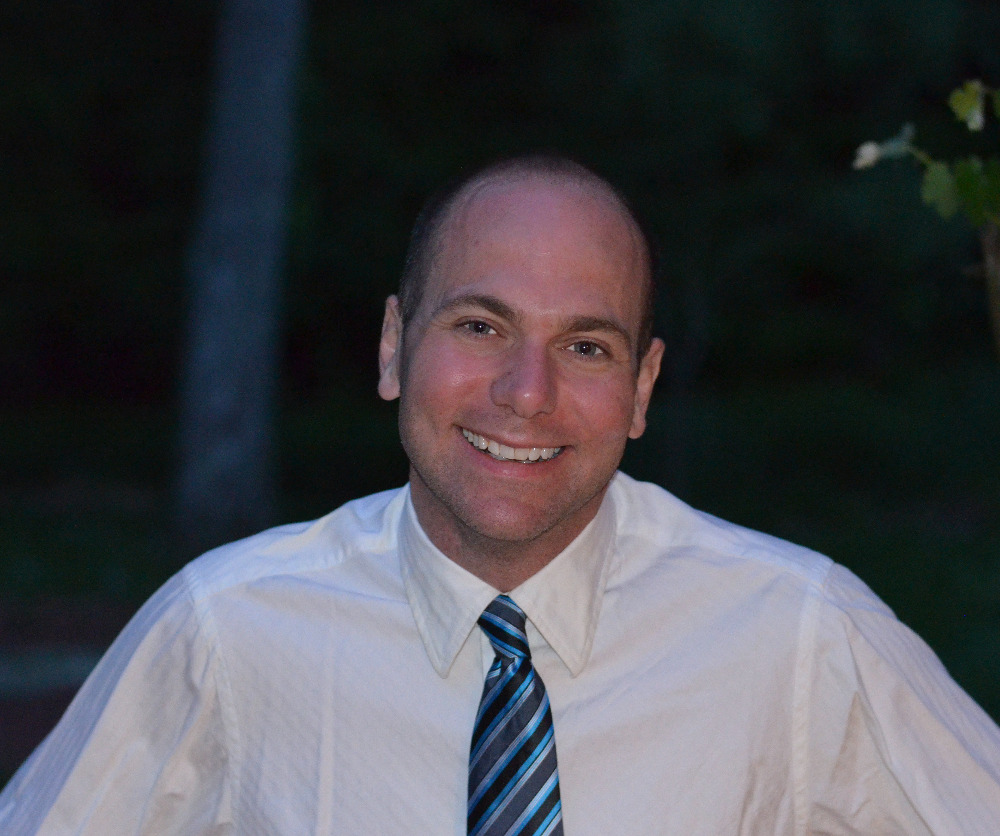
ABOUT ME
Reared in rural Connecticut, Jay Bowns earned a Bachelor of Arts degree from New York University, where he majored in Classical Civilization and Hellenic Studies, joined by a double minor in Politics and Social Studies Education. There, Bowns participated in Jumpstart, a two-year Americorps program and traveled throughout Greece during the NYU in Athens summer experience. While abroad, he also visited Bulgaria’s capital city, Sofia, and hiked along the Rila Mountains. He graduated and worked as a teacher.
Dissatisfied with the prevailing education policy climate at that time, Bowns explored a number of alternative career paths. The enduring pursuit of social justice, which had so come to define his life, ultimately led him to complete the Master of Public Administration-Inspector General degree program at John Jay College of Criminal Justice. There, he honed essential skills in the detection and prevention of organizational fraud, waste, abuse and corruption.
Today, Bowns works once again in the field of public education, taking on scholarly endeavors in his spare time. Research topics of special interest include public sector ethics, penology, juvenile justice and bureaupathology. He also writes a monthly column for the American Society of Public Administration weblog and takes deep solace in the immortal words of John Adams: “Let us tenderly and kindly cherish, therefore, the means of knowledge. Let us dare to read, think, speak, and write...”
Instagram @jaybownsbook
Twitter @jaybownsbook
GofundMe http://gofund.me/jaybownsbook
Facebook: http://www.facebook.com/jaybownsbook
DISCLAIMER
This is a wholly independent scholarly project, fueled by a quest for truth. The creative effort is not managed, directed, produced, or affiliated in any way with Black Mass the film, Black Mass the book, the Commonwealth of Massachusetts and any of its subdivisions, or any other individual party. I hold full and absolute final editorial control over the book without any exceptions.
